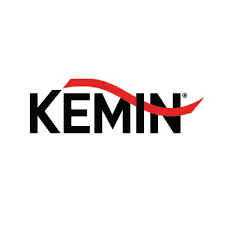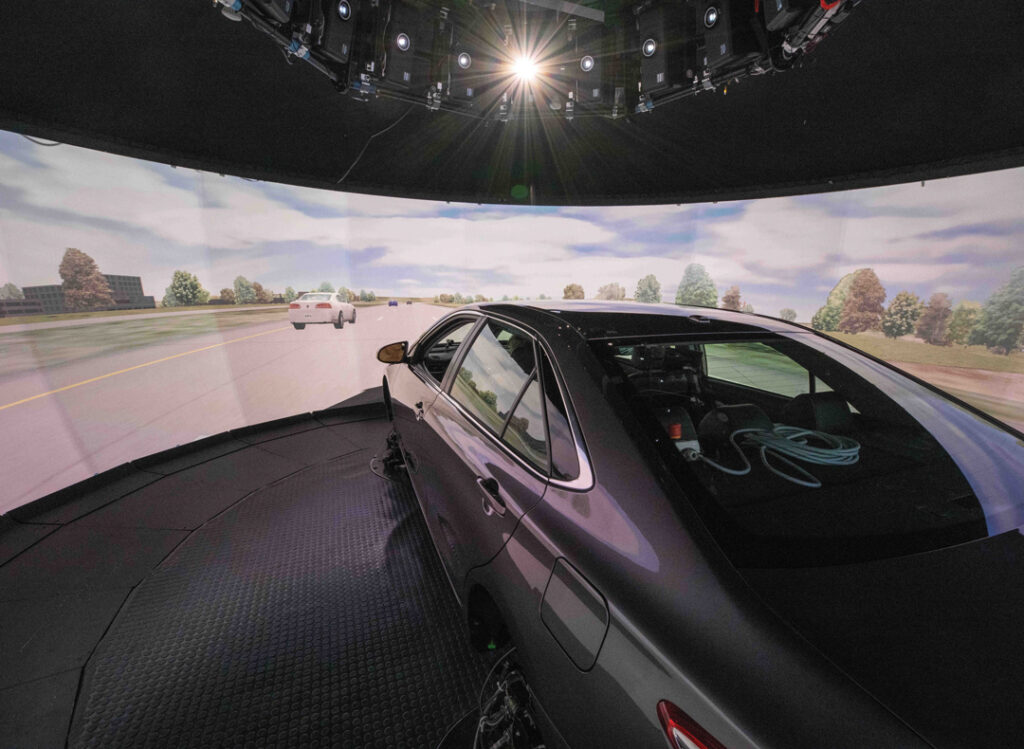THE BIG QUESTION:
What can Iowa entrepreneurs learn from other start-up communities?

Innovation was in the air last week in Central Iowa.
In a whirlwind week, the Technology Association of Iowa hosted it’s 11th Pitch & Grow competition, StartupCity Des Moines celebrated its first birthday, and Silicon Prairie News hosted its second Thinc Iowa conference. The conference was designed to bring together entrepreneurs and start-up owners to interact and hear from a wide array of speakers.
Speakers from New York, California and points in between commented that they noticed that something is happening in the Midwest start-up community. And in interviews with the Business Record, they touted the benefits that a strong start-up community could bring to a city and established businesses.
The Business Record asked three Thinc Iowa participants: What is one characteristic of your start-up community that you think other regions can learn from?
Spaly:
“In my mind, what’s working well in Chicago is that we have a lot of great companies that hire from world-class business schools, world-class universities, the whole Big Ten. So we have such a vibrant pool of jobs for young people and a transient community that enables us to just have an unlimited source of talent. My finance team comes from places like Deloitte and KPMG and Accenture. Those firms have massive training programs for 22-year-old people who went to the University of Illinois or Indiana. I think for other start-up communities, you have to ask yourself, “Are we attracting good talent generally?”
Are those big companies hiring young people who are mobile and are interested in working for two or three years and moving on? … If they have 50 young people coming to work here (out of college), if they bring in 50 and expect them all to stay for two years and then either get promoted or move on and do something else, that’s really (better for start-ups) than if they hire 50 people and expect them all to stay (with them) for the rest of their lives.”
Morrill:
“I think the No. 1 thing people will tell you is density is really important. So the way that plays out in your day-to-day life is, do you bump into people on the street who do what you do? Are you constantly around other people who will care about what you are working on? … You can create a corridor, an area where everyone works, an area that’s sexy for tech companies to start their offices. Where there’s an incubator, and a good coffee shop and other businesses.
It’s hard. You can’t really fake that. It’s an expensive thing to jump-start. You kind of have to let it happen organically. It seems to me that that’s naturally happening here. To me, that’s the most important indicator that it’s a lasting thing. There’s places where the government tries to do it, and the reality is that doesn’t really last. People have to do it themselves. … And every business benefits too. The coolest thing about a start-up ecosystem is it will help all the existing businesses be more successful too. They’ll become vendors to the start-up. And it makes it cooler to work (in a city), so people will move (there).”
Greenwood:
“I think this phase of the information revolution is about contextualizing technology and making it obviously relevant for people. I actually thought about this exact question when I was coming (to Des Moines) and thinking about all the great things you all are doing. There’s so many talented people who are working on different projects. They have a unique perspective into different problems to solve, just like the New York community is solving different problems than the San Francisco community is solving. There will be somebody here working on some problem that may not have been ever identified somewhere else, that really connects with a lot of people. And so, I think it’s really embracing the things that are unique about this community and doubling down on them.”











